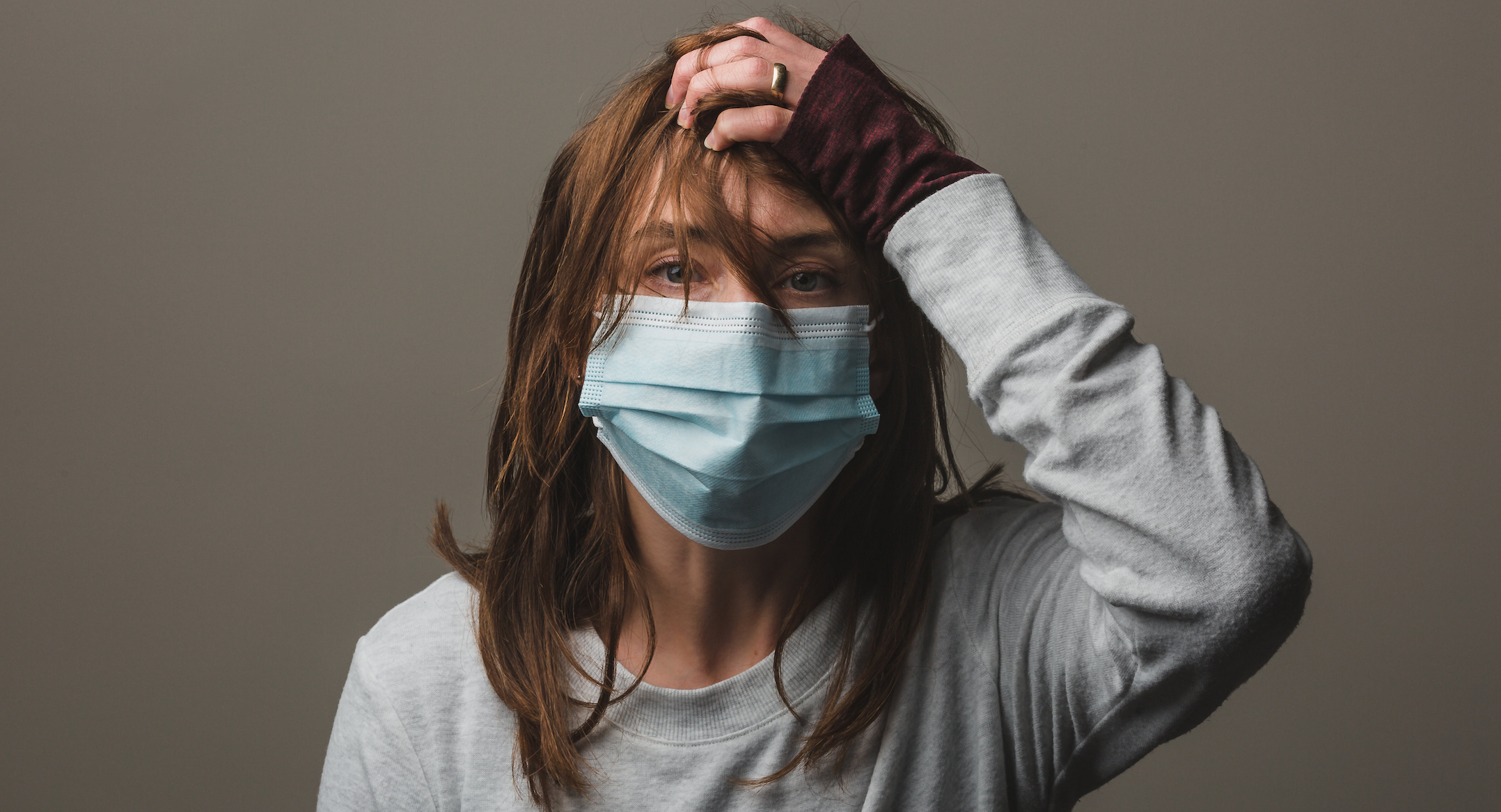* Name and identifying details changed to protect confidentiality.

This was how our therapy session began, my old client Carrie* returning to therapy after two years of the pandemic. On the outside everything seemed fine. A single mom of a 12-year-old boy, she worked for a corporation that allowed her to work from home. Her son was doing well in school. Her job was good enough. She lived in a nice home in a safe neighborhood. She was financially comfortable.
Yet she could not understand why she felt so miserable and exhausted after two years of the pandemic. Vaxxed and boosted, she wanted to start life back up, be social, start dating, feel some joy. Out-going before the pandemic, after two years of avoiding social situations, she had forgotten how to interact with live humans. She felt like she was swimming through mud.
With so much about our lives feeling out of our control, many of us turn to the quickest and most convenient ways to take the edge off. Comfort eating soothes anxiety. A glass (or three) of wine takes the edge off at the end of the day. Screen-time helps us zone out and disconnect.
While these all work to temporarily shift our mental state, eventually they only exacerbate our misery with unintended consequences: extra weight from over-eating (which makes us avoid social events, leading to further isolation), low energy from last night’s wine (which means we are too tired for physical activity) and a chaotic home environment because we are too checked out from screen time to address the mess around us.
Then to add salt to the wound we beat ourselves up for not having our “shit together.”
With Carrie, I started by normalizing what she was feeling. Just knowing that we are all going through some version of this, that she was not alone, helped quiet the “I must be crazy” inner voice.
Then I asked her to try to have compassion for herself, recognizing that she had been through a lot, with no pandemic guidebook, and had actually weathered these crises remarkably well.
Then I asked Carrie to scratch the surface of her depression to see if there were some feelings lurking below. (Many of us feel like we don’t have the luxury to ask ourselves how we are feeling. We just soldier on!) For Carrie, this question sparked waves of sadness. Tears flowed as she shared a number of major losses over the past two years: first her beloved dog died; then she discovered her boyfriend had cheated on her; then she had become estranged from her parents as she realized how unhealthy and negative those relationships were for her. As she thought about the ways they treated her over the years, she realized that the negative inner voice that berated her after each social interaction sounded a lot like them. As she allowed herself to weep freely and release the pain, I could see her anxiety soften and she became calmer and more centered.
Towards the end of the session, we talked about small changes, just tweaks, she could make regarding her self-care. She realized that she had not been going for walks since her dog had died and that moving her body would probably improve her mood. She had felt too tired to cook (especially after her nightly glass of wine) but realized that eating so much take-out food was not making her feel good. She planned to hit the grocery store and cook some easy recipes with her son over the upcoming week.
